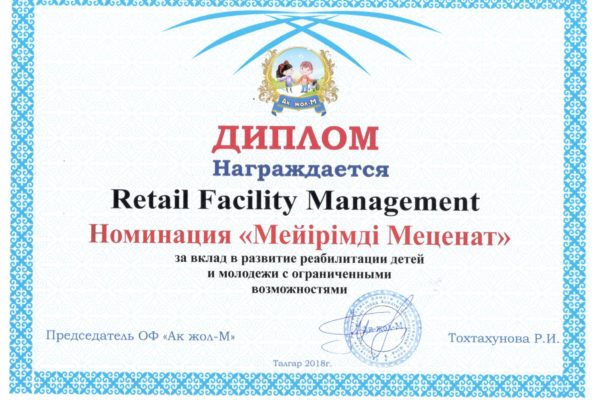Services in property management are crucial to improving the quality of life

According to a study conducted by experts of an independent international professional organization in the UK (RICS), property management services have a significant impact on improving the quality of life at the workplace.
In their study international real estate managers aimed to show the attitude of those who work in that field and prove that property management has been getting more and more strategically important discipline that plays a decisive role in increasing the profitability of organizations and their welfare.
Most of respondents (61) say that improving working conditions at the workplace and employee wellbeing will have a great impact on their company over the next two years.
Improving the workplace environment and services can help broaden social interaction between colleagues (opinion of 30 respondents), simplify everyday tasks and accomplish them (22 respondents) and have a positive effect on health and well-being of an employee (22 respondents). All those indicators are part of the measurements of the Quality of Life, which may be affected by the services provided by the company.
According to the respondents, nearly a third of which plans to implement these services on an outsourcing basis in the future, while nearly a half already uses an integrated or complex strategy, the market also continues to move towards complex building management (IFM).
According to the respondents, the most important advantage of integrated or complex outsourcing is cost efficiency improvement (75), as well as direct contact with customers (68), which simplifies supply chain management and makes it possible to avoid duplication of management systems.
The study also examined in more detail the trends in the services themselves that are part of property management services, showing that cleaning, maintenance and security services are the services that are most often outsourced.
Paul Bagust, the head of a group of property management experts at the independent international professional organization in the UK (RICS), said: “This research presents some highly interesting findings for us, particularly for the future of FM and its relevance on a global scale. As the findings show, businesses planning their outsourcing – an integral area of FM – are increasingly placing the importance on the quality of the services they procure over cost reduction. The research also shows that staff wellbeing is also an important factor for many FM professionals as a way of improving overall productivity in their organisation”
Harris Interactive survey, “How Leaders Value Quality of Life,” a global survey of 780 leaders from corporate, healthcare and educational institutions. The survey revealed 66% of the top managers are totally convinced that improving quality of life is a strategic priority for their institutions. 86% of those questioned had implemented at least three specific quality of life initiatives.
Harris Interactive also conducted a survey of 1,000 students to compare current leaders with potential leaders in the future. 69% of representatives of the Millenium generation against 57% of current managers fully agree that improving the quality of life will have a significant impact on the productivity of their future companies. Future managers put quality of life in the first place among the indicators of labor productivity for companies, while the current leaders put it only in fifth place.

